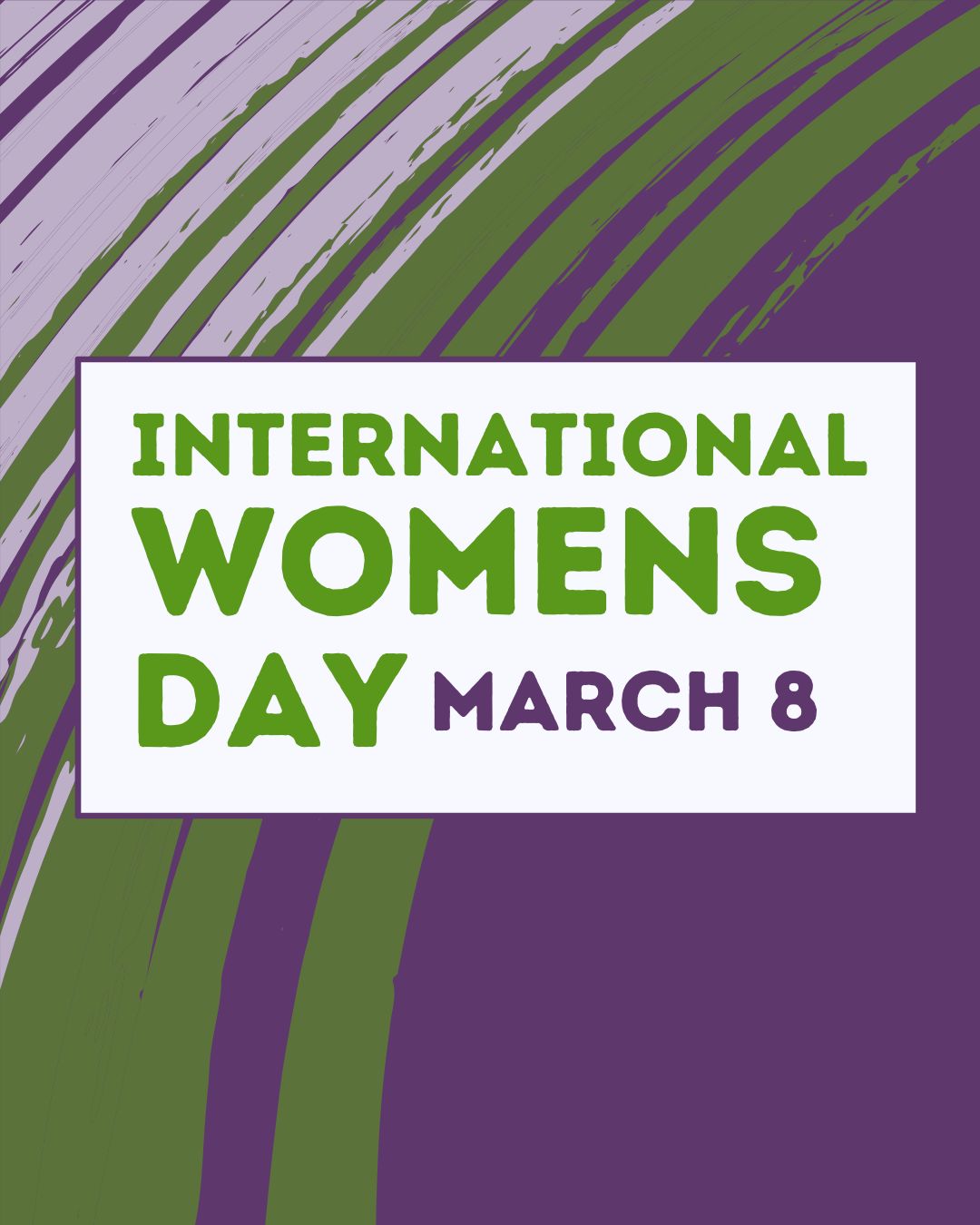March is Women’s History Month!
This month, we celebrate the trailblazing women who fought for health rights, reproductive justice, and gender equality. Their efforts have shaped the way we access healthcare today.
At SRJC Student Health Services, we’re not just reflecting on history—we’re here to support your health today. Check out the the information below for key moments in women’s health history and the resources available to SRJC students, including:
- Birth control, emergency contraception, STI testing, and more.
- Mental Health Support – Gender-affirming and relationship counseling.
- Preventative Care – Pap smears, breast exams, and PrEP for HIV prevention.
- Confidential & Inclusive Care – Resources to support your well-being in a safe, judgment-free space.
Sexual Misconduct & Violence definitions, reporting options, resources
Need support? We’re here for you. Make an appointment or check out our resources above.

MARGARET SANGER
Margaret Sanger was a pioneering advocate for women's reproductive rights and the founder of Planned Parenthood. In the early 20th century, she fought tirelessly to provide women with access to birth control, which was illegal and highly stigmatized at the time. Sanger believed in the importance of family planning for women’s health, autonomy, and equality. She opened the first birth control clinic in 1916, which led to her arrest but also sparked a movement for reproductive rights. Her efforts were instrumental in changing laws, advancing women’s health, and empowering generations of women to make informed choices about their bodies.
DR. HELEN RODRÍGUEZ-TRÍAS
Dr. Helen Rodríguez-Trías was a pioneering Latina doctor and activist who dedicated her life to advancing women's health and reproductive rights. Born in Puerto Rico in 1929, she was a passionate advocate for the health and rights of underserved communities, particularly women of color. As the first Latina president of the American Public Health Association, she used her platform to fight for equitable access to healthcare. Dr. Rodríguez-Trías worked tirelessly to improve maternal and child health, fight for reproductive rights, and ensure access to family planning services. She was a leading voice in the movement for women's health and is remembered for her profound impact on public health policy, particularly in advocating for the inclusion of minority voices in healthcare decision-making.


GRISWOLD VS CONNECTICUT
Plan B and IUDs are two common forms of emergency contraception that empower women to take control of their reproductive health. Plan B, often referred to as the "morning-after pill," is effective in preventing pregnancy when taken shortly after unprotected sex. Intrauterine devices (IUDs) are long-term, reversible forms of contraception that prevent fertilization. The legal landscape for contraception shifted significantly with the landmark 1965 case, Griswold v. Connecticut. The U.S. Supreme Court ruled that married couples had a constitutional right to access contraception, striking down a Connecticut law that banned its use. This case paved the way for expanded reproductive rights.
DR. JOYCELYN ELDERS
Dr. Joycelyn Elders made history as the first Black U.S. Surgeon General, serving under President Bill Clinton in 1993. A strong advocate for public health, she championed comprehensive sex education, access to contraception, and HIV/AIDS prevention. Elders believed in providing young people with medically accurate information to make informed decisions about their health. Her outspoken views on reproductive rights and sex education sparked controversy, but she remained committed to addressing teen pregnancy, STIs, and health disparities. Despite political backlash, her legacy continues to inspire efforts for inclusive, science-based healthcare policies that empower individuals to take charge of their well-being.


INTERNATIONAL WOMEN'S DAY
International Women's Day (IWD), observed annually on March 8, celebrates women's social, economic, cultural, and political achievements worldwide. Established in 1911, IWD also serves as a call to action for accelerating gender equality. The United Nations began commemorating the day in 1975, promoting themes that highlight women's rights and empowerment. In 2025, the UN's theme is "For ALL women and girls: Rights. Equality. Empowerment." IWD is recognized globally, with various events and initiatives aimed at honoring women's contributions and addressing ongoing challenges they face.
